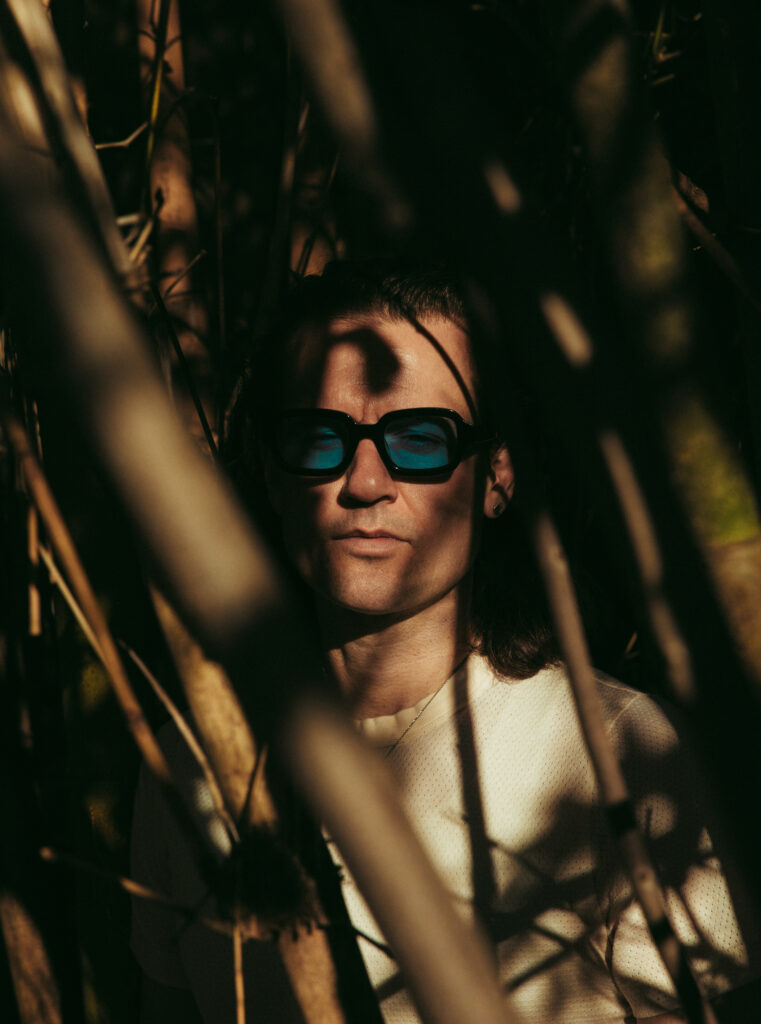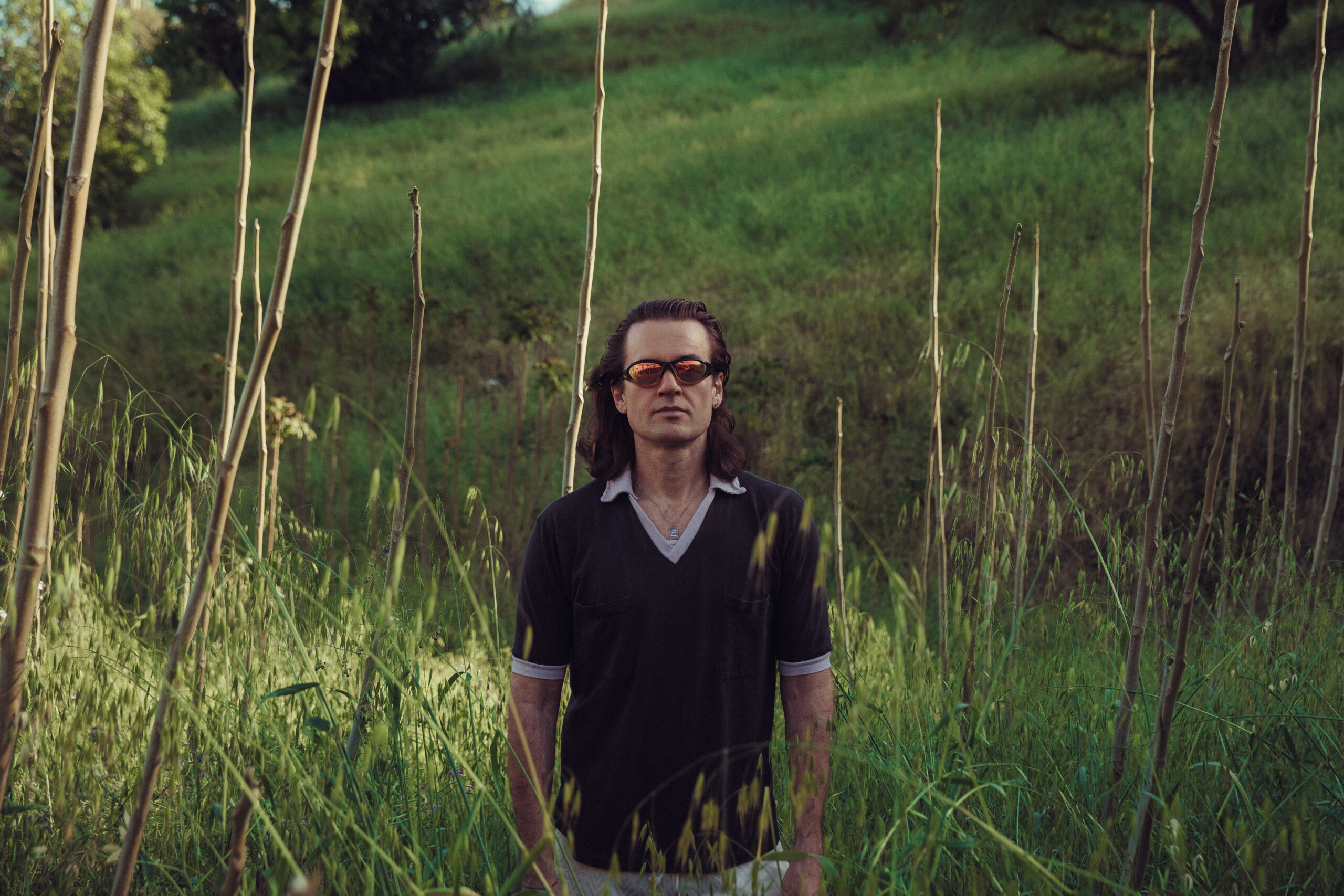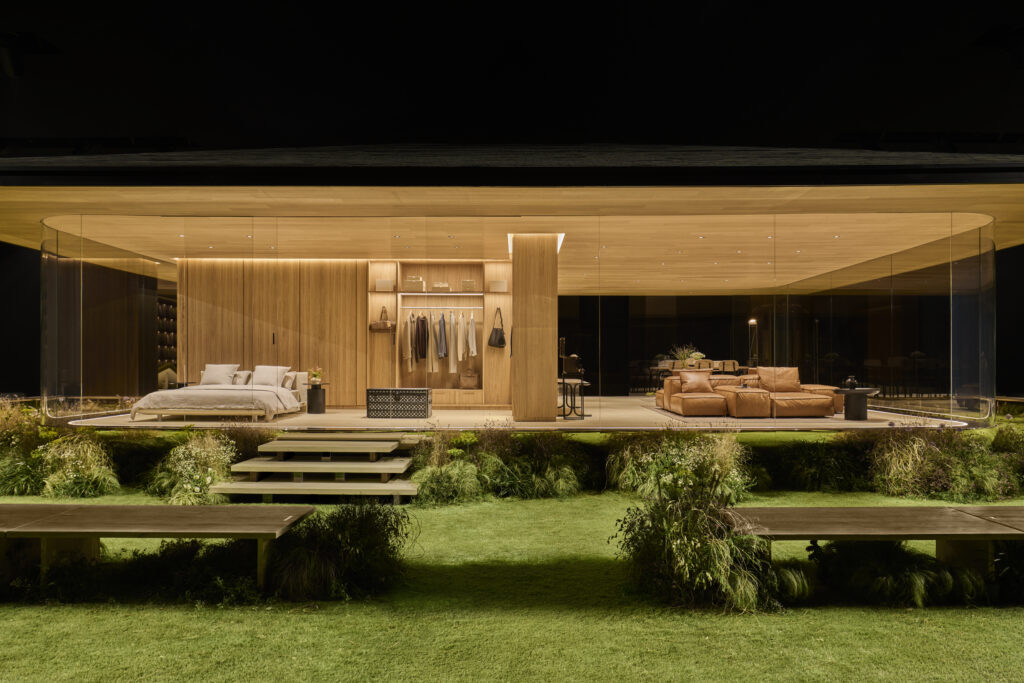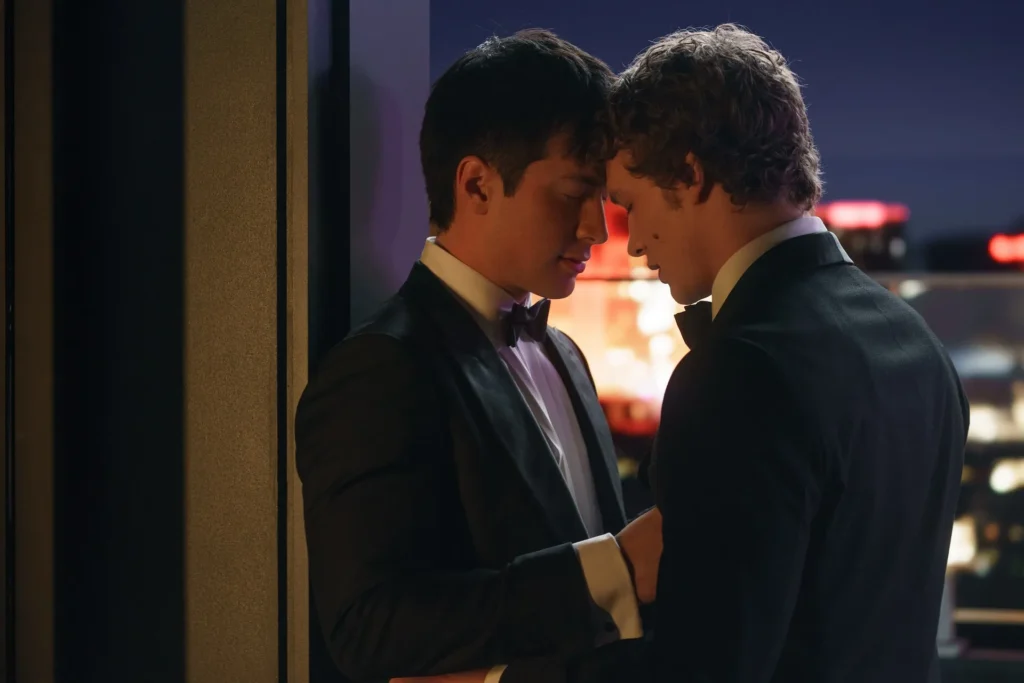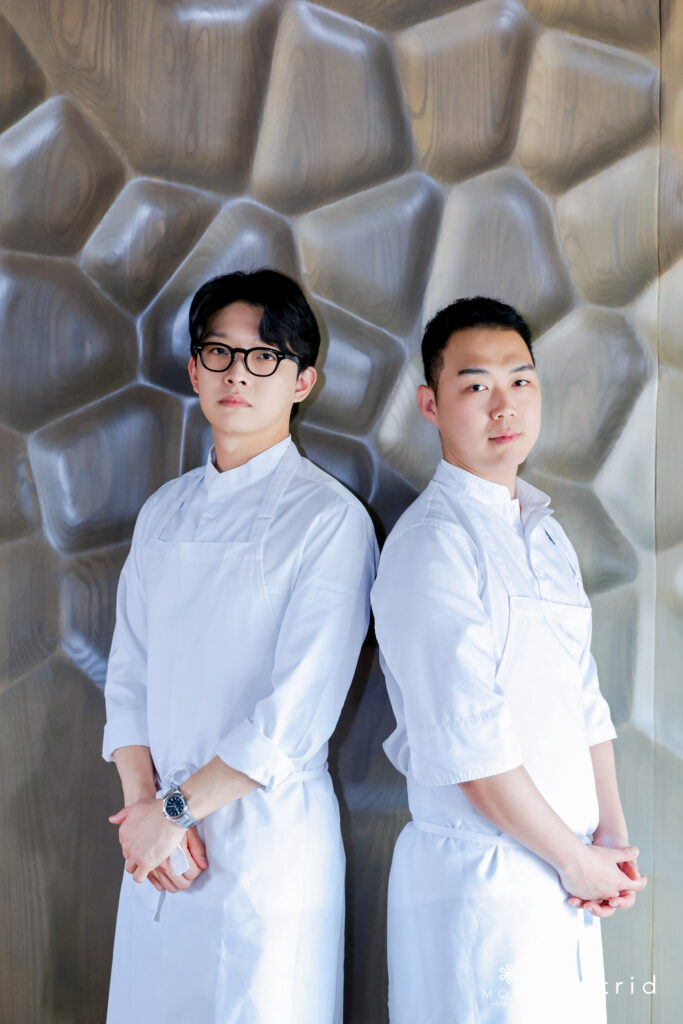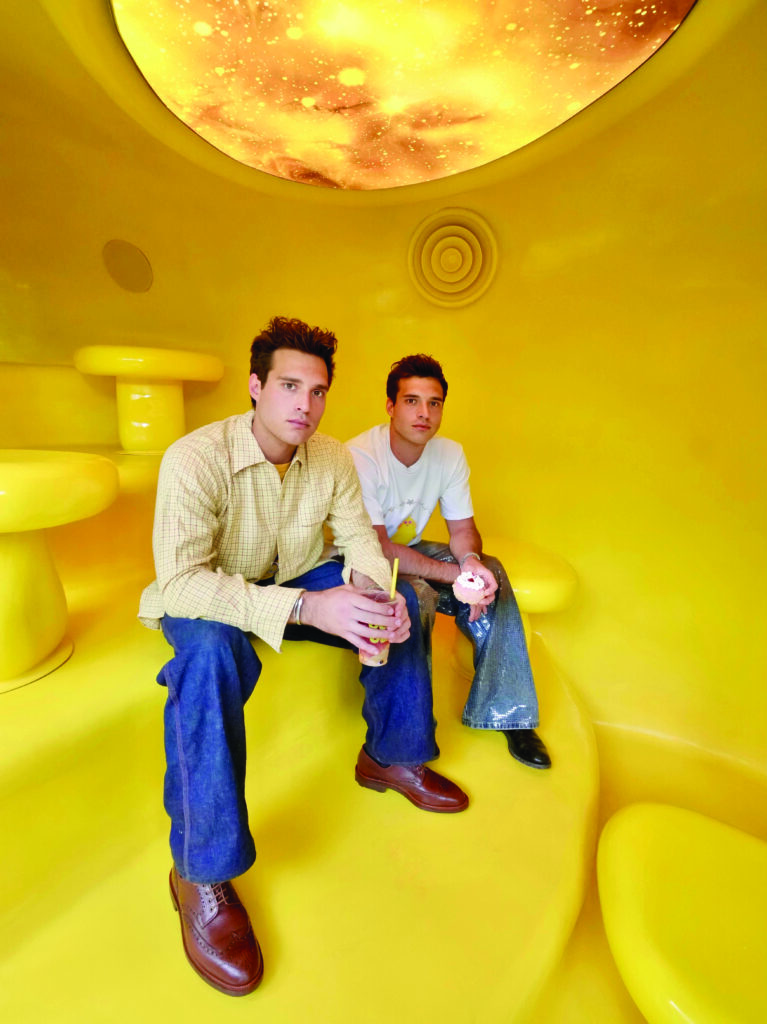American jazz pianist, producer, and composer John Carroll Kirby blends elements of funk, new age, and exotica into his jazz compositions, creating pure, accessible melodies that resonate with listeners from all walks of life. Raised in Los Angeles’ laid-back atmosphere, Kirby studied under legendary bassist John Clayton at the University of Southern California. Since 2017, he has released eight studio albums, including Travel, Conflict, My Garden, and Blowout. Most recently, he composed the score for the film The Luckiest Man in America.
Kirby has also collaborated with numerous acclaimed artists such as Blood Orange, Kali Uchis, Frank Ocean, Harry Styles, and Miley Cyrus, co-producing tracks like “DHL,” “Canyon Moon,” and “Bad Karma.” Notably, he co-produced and performed on Solange’s 2016 Grammy-winning album A Seat at the Table, featuring the acclaimed single “Cranes in the Sky.” Refusing to be confined by genre, Kirby’s work radiates a sense of spiritual depth and playful humor, earning him the reputation of being “a musician’s musician.”
This November 13, John Carroll Kirby will perform live in Hong Kong at Salon 10 with guitarist Fabiano do Nascimento, promising an evening of immersive and soulful sound. In his exclusive interview with GQ Hong Kong, Kirby opens up about his creative inspirations, his journey across multiple musical roles, and how he continues to shape his signature sound.
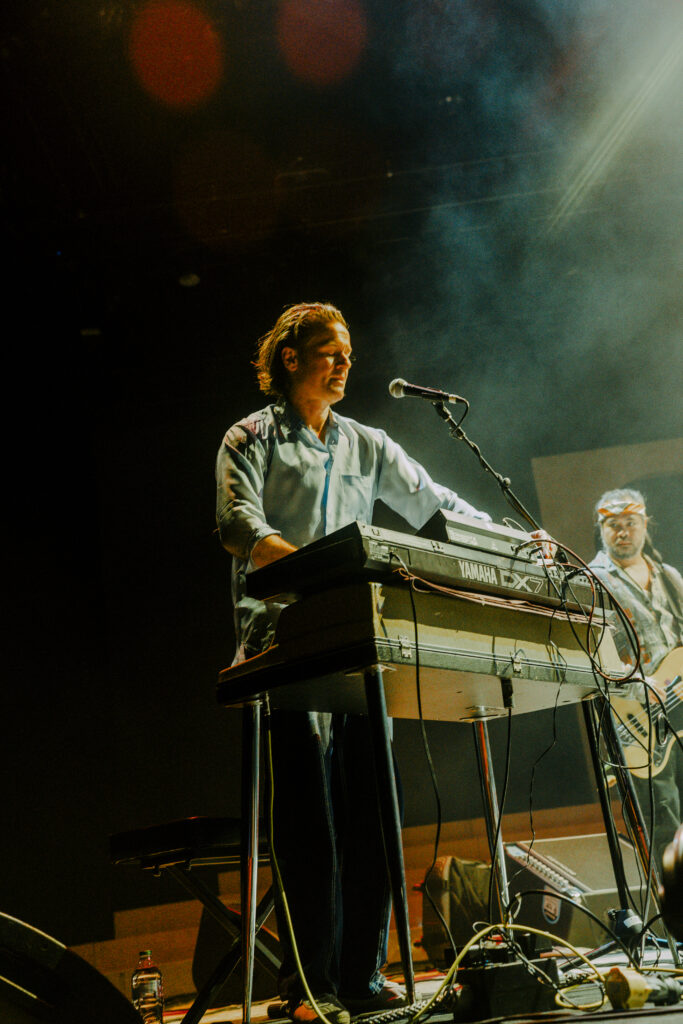
Growing up in Pasadena with a jazz mentor like John Clayton, what was the first record or riff that made you think, “This is what I want to do with my life”?
There was a song by Jimmy Smith called Organ Grinders Swing that comes to mind. He’s playing so soulfully but he’s also mumbling between breaks in the music. I don’t know what he was saying, but it just sounded strange and funny. Something about that connected with me.
What album remains inspirational to you till today?
I can put on Thrust by Herbie Hancock at any time. It never gets old.
Who are your biggest influences in your sound?
I like Herbie Hancock, Ahmad Jamal, Fats Waller, Duke Ellington, Haroumi Hosono. I feel like across all of these artists is a sense of playfulness or humor. Thats very important to me.
What’s unique about jazz that makes you fall in love in the first place?
Jazz means freedom. But to often gain that freedom you need to be dedicated and disciplined. At its best Jazz is a lifestyle and code of ethics. It means being humble and bringing up those around you, while at the same time being able to say whatever you want through music.
You started with classical piano as a kid—how did that foundation clash or blend with your jazz creations nowadays?
I actually started in a very informal non classical setting. I never learned to read music or play with good technique. I think those shortcomings forced me to check out other forms of music that were less technical.
Where do you usually draw your inspirations from, or how do you develop the theme for an album?
I would often draw inspiration from nature and spirituality. But since I’ve been with my girlfriend, I can get more inspired by love.
How do you feel the environment affects the music, like how the vibe of LA plays into your music?
All of my albums have been inspired by their environment. I have composed music all over the world and gained inspiration from beautiful landscapes and beautiful people, but LA is always closest to who I am in my heart: it’s sunny, it’s funny, it’s hot, it’s weird.
How was the experience of playing and co-producing for Solange’s “A Seat at the Table”, as it is such a revolutionary album?
That experience had a profound impact on my career and in my life. Solange was one of the first people to give me credit as a producer. Working with her is always a lesson in pushing genre boundaries and breaking rules.
What roles do emotions play in your music?
Emotions are everything in music. I make music for the sole purpose of finding a release for my emotions. The music is just a vessel for getting validation and understanding from the world around me.
Can you walk us through the process of creating an OST for a movie?
Usually the director will have the movie shot and close to edited by the time I start working. On the music. Often they will have “temp” music (pre existing songs that are put temporarily in place of where my music will go). I will talk with the director about what it is they like about the temp music and what purpose it is serving. I will try to compose something that achieves that purpose, and will usually have to redo each cue until it is right. I feel like the great composers of film music compose as if the music is its own character in the story. It can’t give too much away, it can’t over act, and sometimes the tone of the music is opposite what’s happening on screen, and that is more effective than mirroring the emotion on screen. It’s a fine art and I’m still learning.
You’ve got this effortless cool in your live sets. What’s the most memorable onstage mishap that’s become a favorite story?
Thank you that’s nice. Inside my head is not always cool. One mishap that comes to mind is in Perth Australia at a festival, the smoke machine above the stage exploded and dripped hot toxic liquid all over the place. The drummer got the worst of it tho, he slipped and fell while trying to protect the computer onstage.
What can we look forward to at your upcoming show in Hong Kong?
It will be a beautiful night of music! Fabiano is a master guitarist and I’m practicing a lot to be able to hang with him.
